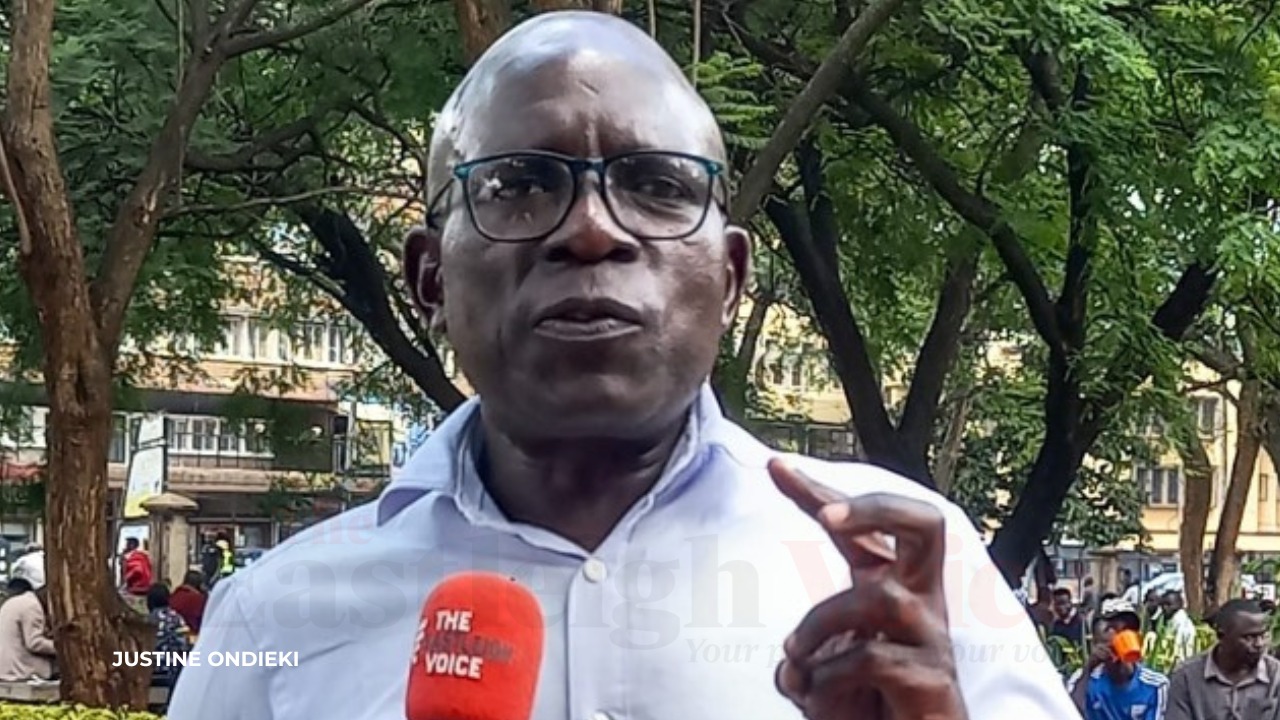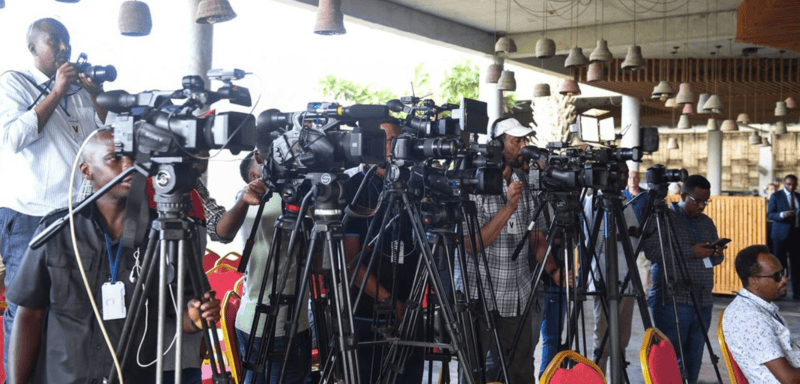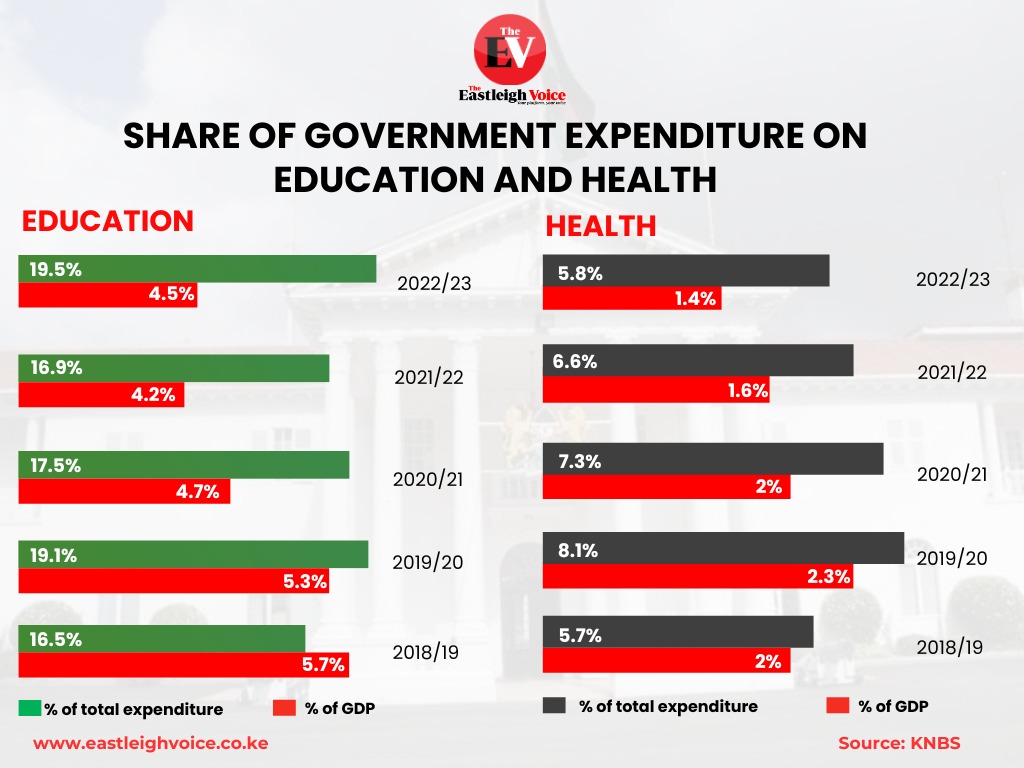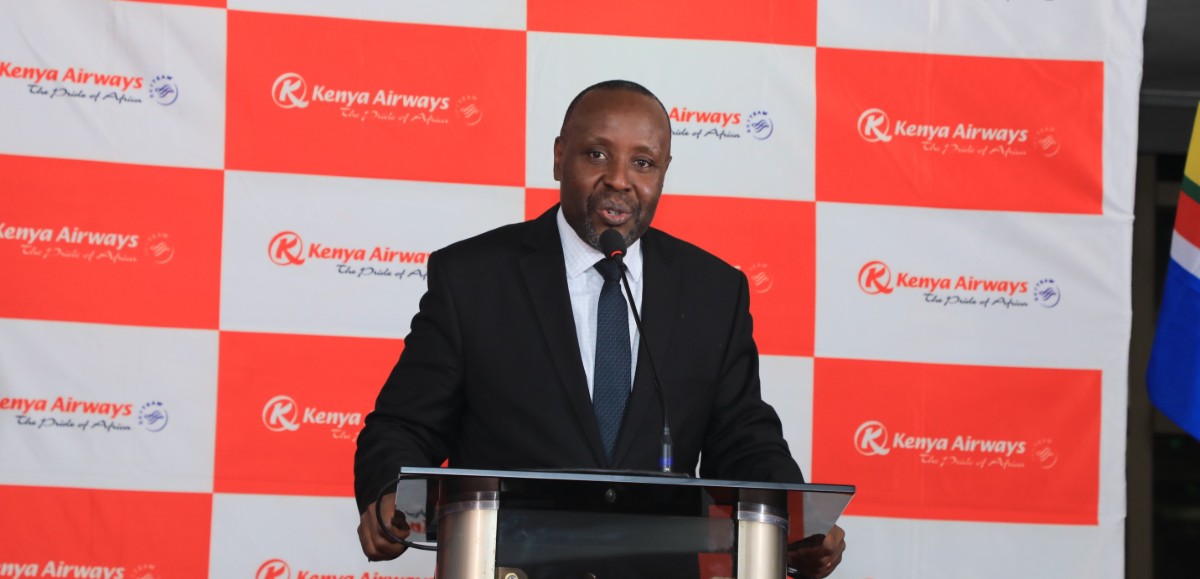Rwandan Foreign Minister accuses US and EU of bias in M23 conflict statements
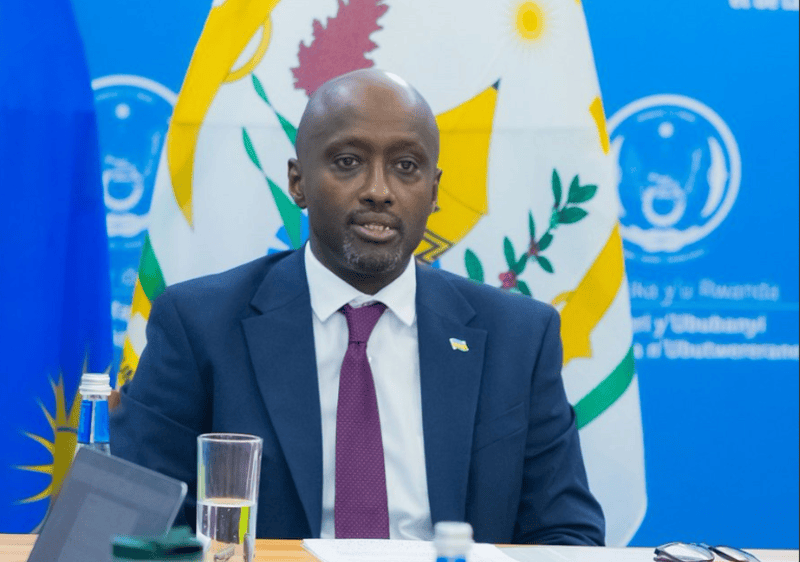
He reiterated that the condemnation failed to address the root cause of the war in Eastern DRC and call for direct political talks between the DRC government and the M23, to find a lasting solution to the conflict, a suggestion that DRC has maintained its objection to.
Rwandan Foreign Affairs Minister Olivier Nduhungirehe has criticised statements by the United States and the European Union that condemned M23's brazen ceasefire violations in the Eastern Democratic Republic of the Congo (DRC) after the group took over Masisi town over the weekend.
In the statements, both the US and the EU directly linked the armed group to Rwanda and asked it to immediately withdraw all Rwanda Defense Forces personnel and equipment from the DRC.
More To Read
- France jails former Congolese rebel leader Roger Lumbala for war crimes
- AFC/M23 rebels announce withdrawal from Uvira, citing progress in Doha framework
- UNICEF sounds alarm as M23 attacks in DRC’s South Kivu push thousands from homes
- In eastern DR Congo's Uvira, war scars linger as calm cautiously returns
- Peace falters as fighting in eastern DR Congo raises fears of regional war
- AU warns of rising violence in DR Congo and Great Lakes region amid M23 advance
In a rejoinder, the Minister claimed the direct linkage of Rwanda to the M23 was biased, failed to condemn the earlier invasion by FDLR and address the issue of the presence of a foreign military coalition comprised of the FDLR, European mercenaries, CMC Nyatura, Wazalendo, and the Burundian forces.
He reiterated that the condemnation failed to address the root cause of the war in Eastern DRC and call for direct political talks between the DRC government and the M23, to find a lasting solution to the conflict, a suggestion that DRC has maintained its objection to.
"Indeed, the conflict in eastern DRC cannot be resolved through quick fixes, nice pictures and handshakes, the infantilisation of the DRC leadership, or through the usual accusations and blame game by the international community. Only a serious approach, taking into consideration the current persecution of the Congolese Tutsi and the security threats against Rwanda (as demonstrated by President #Tshisekedi's bellicose rhetoric) could significantly contribute to the restoration of peace in Eastern DRC and the Great Lakes region," the minister added.
The M23 rebels occupied Masisi town and its surroundings in North Kivu in the latest advancements made towards Goma city (located about 80 kilometres away) prompting yet another round of counter-offensive led by the Congolese army FARDC whose spokesperson on Tuesday said the army had managed to recover some occupied areas from the group.
"The FARDC counter-offensive of January 7, allowed them to recover several localities formerly occupied by the terrorists of the Rwandan army and its multiple allies. Significant losses on the enemy side, assessment to follow," Guillaumel Ndjike, the spokesperson for the Armed Forces of the DRC and the Military Governor of North Kivu, said.
Local media reported that some of the areas recovered include Ngungu in North Kivu.
M23's advances attracted the attention of the United States, which in a statement attributed to the State Department's Spokesperson Matthew Miller, said the move damaged efforts to reach a negotiated peace in eastern DRC while harming and displacing civilians in the area
"M23 must immediately cease hostilities and abide by the ceasefire. We reiterate our longstanding call for Rwanda to immediately withdraw all Rwanda Defense Force personnel and equipment from the DRC," he said, noting that the armed group remains under sanctions by the US and the UN.
"To end the conflict and suffering, it is vital that both the DRC and Rwanda uphold their commitments to the Angola-mediated Luanda Process and ensure that the reinforced ad hoc verification mechanism is operational," he added.
The US statement had followed that of the European Union whose spokesman on Monday, strongly condemned the actions by M23, saying they constitute a flagrant violation of the ceasefire agreed in the framework of the Luanda process and significantly undermine efforts to achieve a peaceful resolution of the conflict in eastern DRC.
"The EU urges Rwanda to end its cooperation with the M23 and withdraw its military forces from the territory of the DRC," the statement said.
It urged the DRC to cease all cooperation with the FDLR and other armed groups vowing to consider further restrictive measures against those responsible for the armed conflict, instability, and insecurity in the DRC.
The conflict between the local army and the M23 in Masisi territory has seen waves of displaced persons pour into the neighbouring territory of Walikale in North Kivu.
Local leaders have condemned the persistent violations of the Ceasefire established on August 4, 2024, and called on all parties to fully adhere to their obligations to preserve peace and security in the region.
The fighting has resulted in a dire humanitarian situation that the United Nations Office for the Coordination of Humanitarian Affairs (OCHA) terms as the gravest globally, with statistics showing that more than a quarter of the population in the country (25.4million out of the total 113.6million) requires assistance with the most urgent humanitarian needs concentrated in the Eastern provinces that have been severely hit by violence and insecurity.
Top Stories Today


